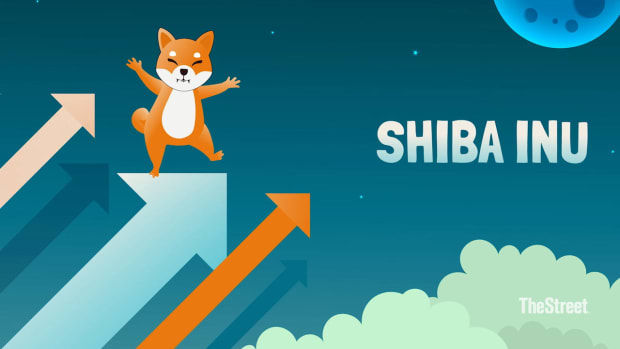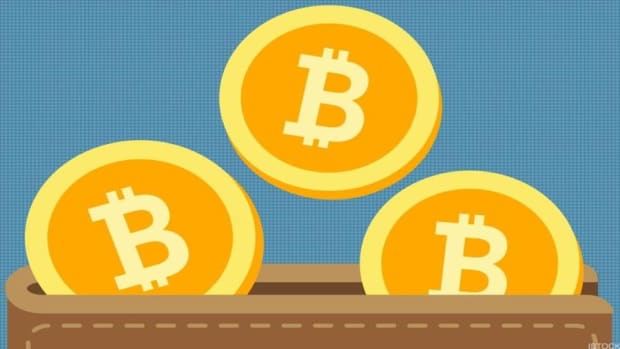Robinhood (HOOD) is trying to reinvent itself.
The brokerage is bearing the brunt of the slowdown in retail trading. In less than a year, Robinhood went from hype firm to any platform. The company made its IPO on Wall Street last July at a price of $38 per share with a market capitalization of almost $32 billion.
These figures now appear like a mirage after less than a year. Robinhood shares fell 69.6% to $11.55 at last check on April 12. The company has lost over $22 billion in market cap. But the hard part is that Robinhood's mission to democratize trading and finance seems to be in question.
While the company managed to disrupt the entire brokerage industry by cutting fees -- ultimately forcing much larger competitors to follow suit -- it has struggled to grow, especially in recent months.
The stock-trading app warned in January that it anticipates first-quarter revenue of less than $340 million, down 35% compared with 2021, after monthly active users fell to 17.3 million in the fourth quarter of 2021 from 18.9 million in the third quarter.

More Crypto
One of the worrying signs is that revenue generated from crypto trading is steadily declining. RobinHood reported crypto trading revenue of $233 million in the second quarter of 2021, but crypto-based revenue was only $48 million in the fourth quarter.
Robinhood became hugely popular among retail investors buying and selling meme stocks and cryptocurrencies, after COVID-19 hit, forcing governments into unlocking trillions of dollars in cash assistance for the unemployed and struggling businesses.
But that money has dried up with the full reopening of many countries, ending fiscal and monetary stimulus. The Federal Reserve began raising interest rates last month and expects further hikes.
But Robinhood is not giving up. The brokerage is increasing its efforts to bring back retail investors, especially Gen Z and millennials who had made it successful.
The brokerage has just decided to integrate four cryptocurrencies into the assets to be traded on its platform. These cryptos are among the most popular in the crypto space. For example, there is Solana, the native token of the Solana blockchain, which allows developers to build decentralized finance (DeFi) apps whose aim is to disrupt traditional finance.
Robinhood also now offers Shiba Inu, one of the most popular meme coins with Dogecoin. Shiba Inu has a market cap of $14.7 billion. The coin was named after the Japanese breed of dog and was created in 2020 by an anonymous person or group known as "Ryoshi."
By adding Shiba Inu to the list of assets available on its platform, Robinhood is betting that the legion of crypto fans and retail traders will flock to support their favorite token. A petition posted on change.org to force Robinhood to accept Shiba Inu had received over 559,715 signatures at last check.
One Shiba Inu coin was worth $0.0000000003 in September 2020 but had increased to $0.000002677 at last check, according to CoinGecko.

Meme Coins, Crypto Wallet
“We’re excited to add more choices for our customers as we work to make Robinhood the best place to invest in crypto,” said Steve Quirk, chief brokerage officer at Robinhood. “As a safety-first company, we have a rigorous framework in place to help us evaluate assets for listing, and we remain committed to providing a safe and educational crypto platform.”
Shiba Inu (SHIB) and the other three crypto -- Solana (SOL), Polygon (MATIC), Compound (COMP) -- are available to buy and sell now on the Robinhood app. Deposit and withdrawal won’t be available immediately for these assets, but that capability is coming soon, the firm said.
Aside from these new assets, Robinhood has also just made a move to woo retail investors behind the crypto price surge in 2021. The brokerage is going to roll out a crypto wallet to over 2 million customers. This wallet allows users to trade crypto outside of Robinhood.
This last point is important because while until now Robinhood allowed its users to buy and sell bitcoin and ethereum, customers couldn't spend their crypto on anything else unless they sold it. But now users can spend their crypto in the crypto space directly, by tipping on social media or paying for non-fungible tokens (NFTs) and more at no additional cost.
The wallet supports scan QR codes to send crypto and it includes a mandatory two-factor authentication (2FA) to help protect customers’ crypto.
But the wallet is custodial, that is to say that Robinhood holds the codes which allow this wallet to be unlocked. In other words, the user does not have full control of his wallet.
The counterpart, however, is that the user does not have to worry about having their funds blocked in case they lose or forget their codes







